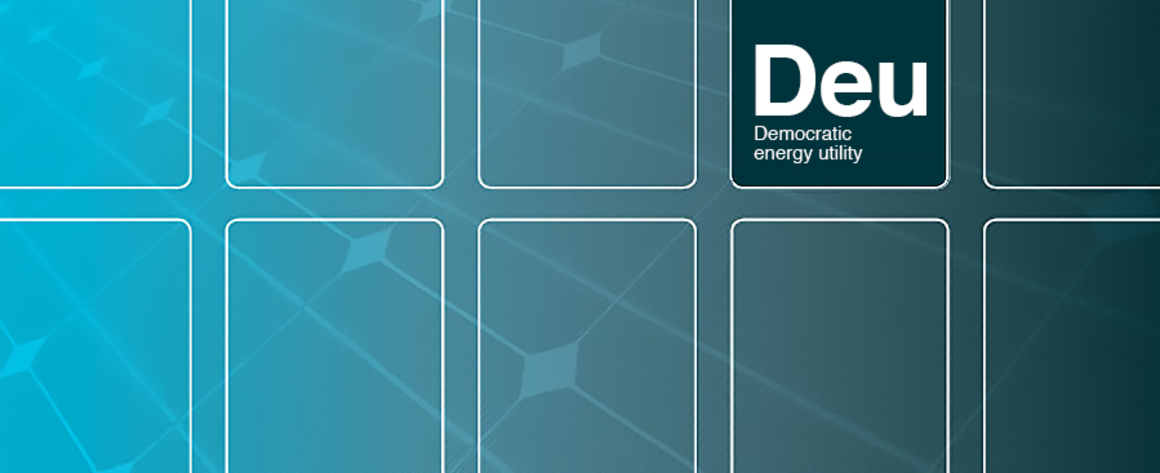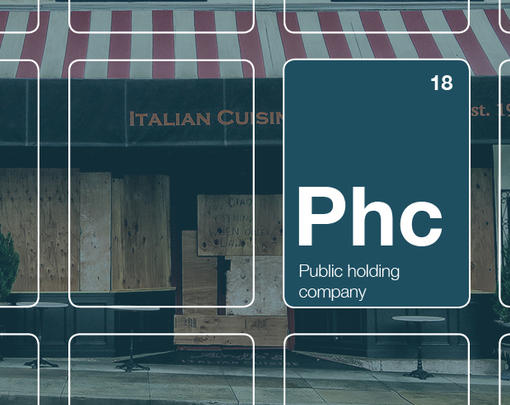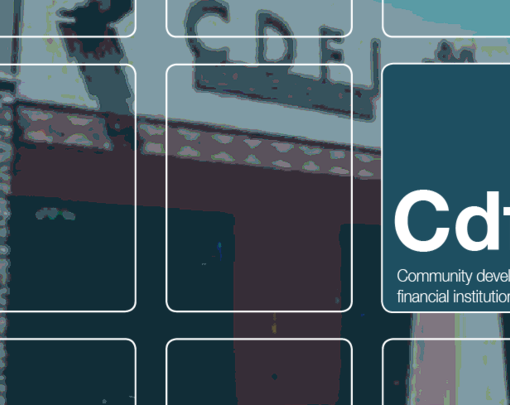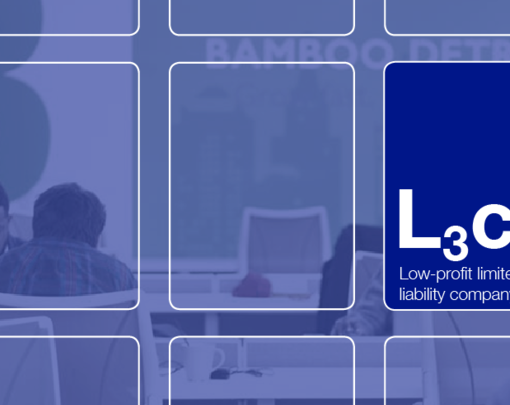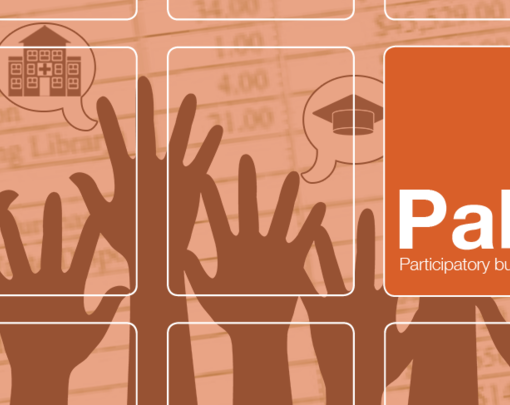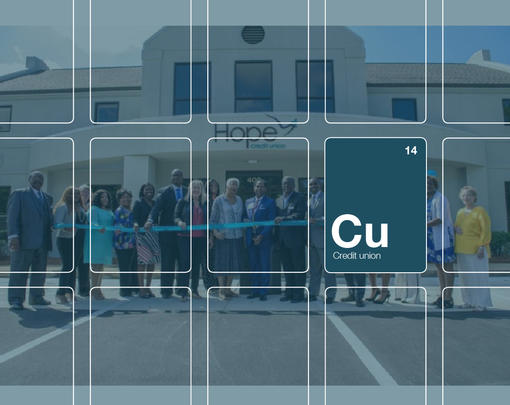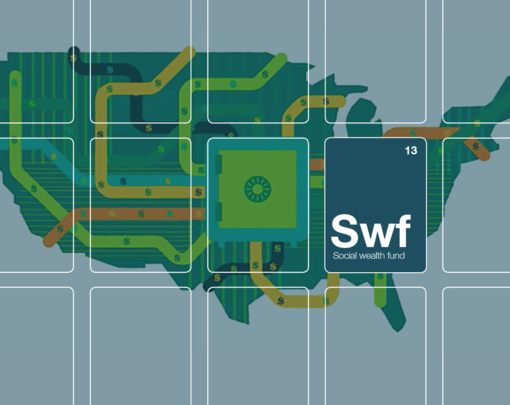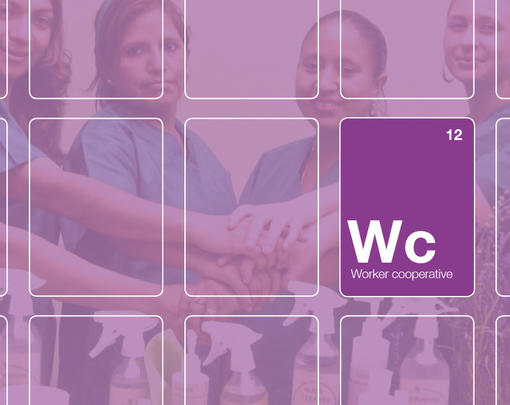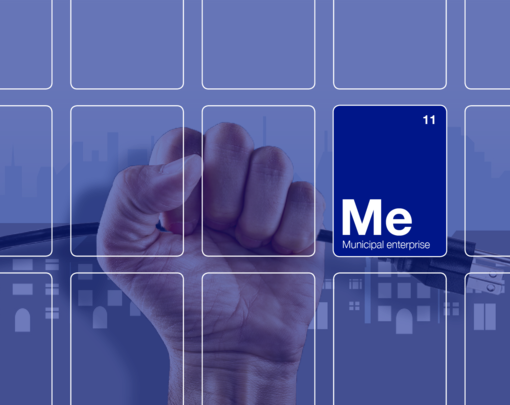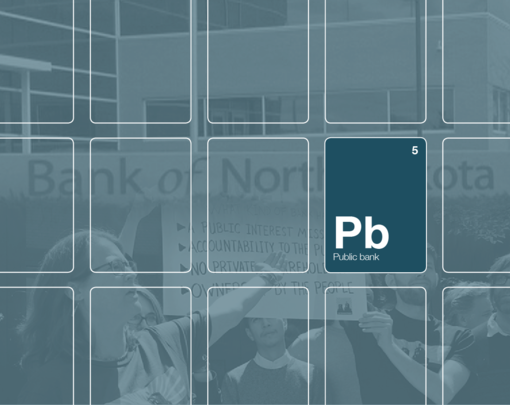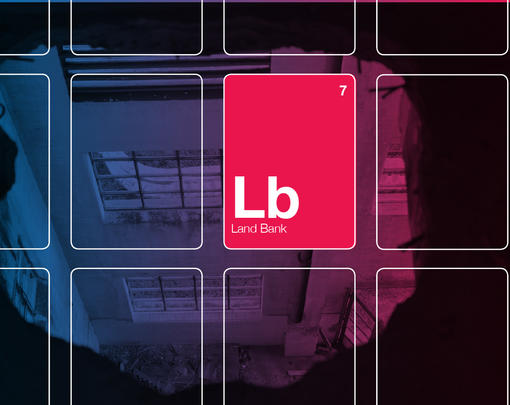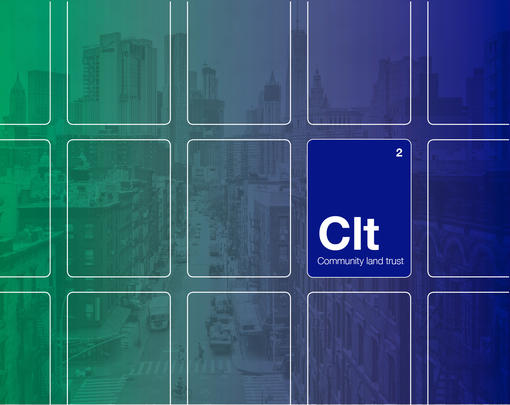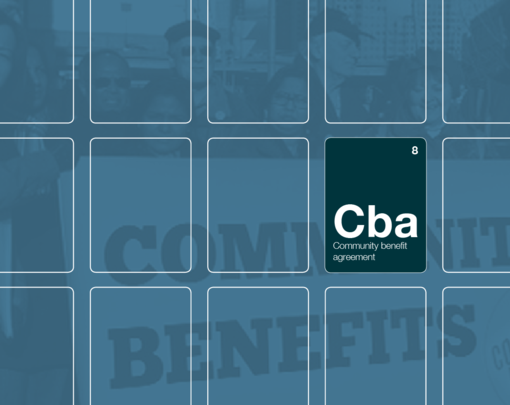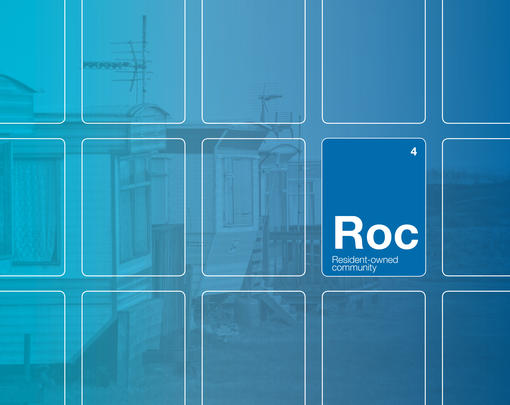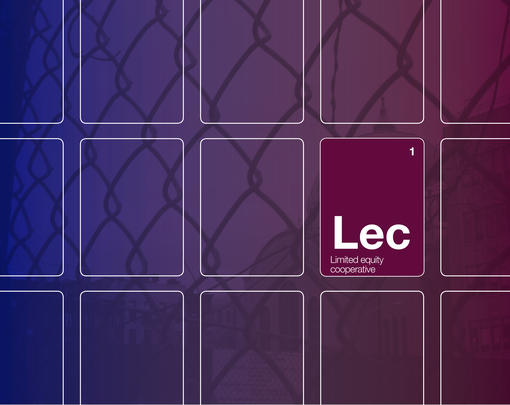Description
Democratic energy utilities are nonprofits run by the public or community members in a way that enables their engagement in decision-making and distributes ownership.
Democratic energy utilities in the United States come in the form of public (or municipal) utilities and rural electric cooperatives. Public utilities are owned and operated by a local government, and vary greatly in size from small towns to cities as big as Los Angeles. Rural electric cooperatives are at their core cooperative, nonprofit businesses that are voluntarily owned and controlled by the people who use their service. Together, these two democratic utility types already serve close to 30 percent of all electricity customers in the United States, according to the American Public Power Association. In Nebraska, the entire state is supplied by democratic energy utilities.
Potential Impact
Democratic ownership in the energy sector could accelerate the renewable energy transition at the scale needed to meet our closing climate deadline for action, and do so based on a principle of deep “energy democracy” with equity at its core. Energy utilities’ control over so much of the energy supply chain make these entities a strategic platform for bringing energy democracy tactics to scale. Harnessing energy utilities could fuel projects from expansive low-income housing efficiency projects (as are being done by PUSH Buffalo in New York), to community solar programs (such as the solar gardens created by Cooperative Energy Futures in Minnesota), to stopping gas pipelines (as exemplified by the resistance to Dominion Power’s Mountain Valley Pipeline in Virginia).
Transformative Characteristics
By shifting ownership to the community members receiving the energy, democratic energy utilities can transform the utility’s relationship with decentralized renewables and the energy transition more generally. Investor-owned utilities generally make their money from investments in capital infrastructure, such as a new gas pipeline or new power plant. They don’t like it when community members can (collectively) generate their own renewable energy or increase efficiency because it makes it harder to justify that their expansion projects are in the public interest. Democratic public utilities have decision-making processes that allow input from residents and do not have the overriding goals of profit maximization, resource extraction and centralized infrastructure expansion. That allows them to move more rapidly away from fossil fuels than companies driven by shareholder returns.
Examples
Austin Energy (Austin, Texas)
Austin Energy is the third largest municipally owned power company in the country. In 2013, the Austin City Council committed to a dramatic expansion of solar generation, calling on its city-owned utility to completely replace its old natural gas-fired plant with solar power. The utility has a target of achieving 65 percent renewable energy by 2027—one of the most ambitious goals in the country. In 2017, Austin Energy reported that it had offset almost 40 percent of the carbon associated with its operations with solar, wind and biomass energy produced by other power companies. The utility also just initiated a large community solar program that residents can opt into. Each year, Austin Energy contributes more than $100 million annually to the city’s budget from its earnings, helping to pay for libraries, schools, and parks.
Kit Carson Electric Cooperative (New Mexico)
Kit Carson, with its tagline “owned by those we serve,” provides electricity for around 30,000 customer-owners in New Mexico. It has also set a national example in its commitment to renewable energy, committing to produce 100 percent of its daytime electricity from solar by 2022. Its first step toward that goal was to buy out its contract with the Tri-State Generation and Transmission Association, which as a sole source energy provider was limiting co-ops to 5 percent solar energy production. Since then it has engaged in such projects as working with the Clean Energy Collective to install 420 panels on a Taos, New Mexico charter school, the first community solar array in New Mexico.
Challenges
Existing state or regional policies, regulations, and agreements may constraint how much change a public utility can undertake. Prime examples are regional cooperative projects, facilitated by a G&T (a generation and transmission cooperative). G&Ts capture the cooperatives’ collective investment in large-scale infrastructure, such as coal power plants. The cooperatives are sometimes required to receive as much as 95 percent of their energy from the G&T, and that would seriously impede the flourishing of decentralized renewable energy. Furthermore, these public utilities and regional electric cooperatives operate technocratically, not democratically. Key to the just energy transition is ensuring the community is in charge of these structures, through such mechanisms as stakeholder boards that include workers, low-income community members, and local politicians.
More Resources
Denise Fairchild and Al Weinrub’s recently published anthology, Energy Democracy (by Island Press), dives deeply into the different perspectives of energy democracy. The American Public Power Association and America’s Rural Cooperatives are hubs for information on types of democratic ownership.
Download and Share

